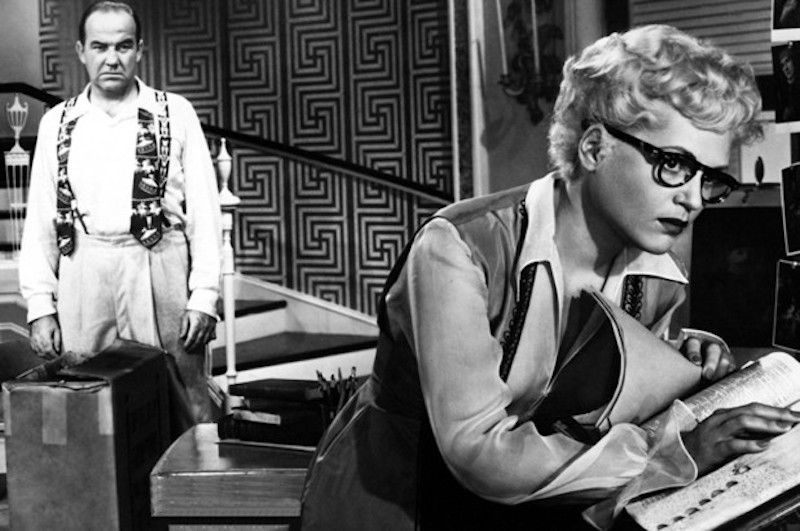The American Energy Crisis has had profound effects on us all. Past, present, and, most assuredly, future American presidents have shaped, and will continue to shape, the energy policies of this nation in a direction so as to increase production of domestic energy and to exploit alternate energy sources to decrease our dependence on foreign oil resources.
The American public, the consumer of energy, has changed its ideas also. Citizens have been repeatedly victimized by energy deficiencies and gargantuan prices. The average American has become skeptical about the truthfulness, the reality, of the crisis. They have begun to believe that today’s energy situations are simply the fabrications of large, profit-motivated oil conglomerates that are seeking ways to combat ever-growing government regulations concerning the accumulation of their carefully hoarded corporate earnings.
The American citizenry is struggling for answers to energy difficulties, but they are being hampered by endless bureaucracy; a slow-moving government delayed by its own laws of necessity and an obligation to be cautious when approaching sensitive, controversial issues; and the oil industries that refuse to divulge the truths of their operations and means of gaining profit. These interminable, incessant impediments to justice are adding to the public frustration.
The effects of today’s energy crisis on America cannot be summarized briefly. The crisis, real or imagined, has had profound effects on the people of the United States. It has driven our presidents to update our energy policies. It has made us look around ourselves—we must drive more fuel-efficient cars; carpool or use public transportation; and seek new and varied alternative energy sources. And it has forced Americans to think, to look at our situation objectively and face it with the courage and spirit of the United States of America.
—Written for senior honors English, 1-Dec-1981












